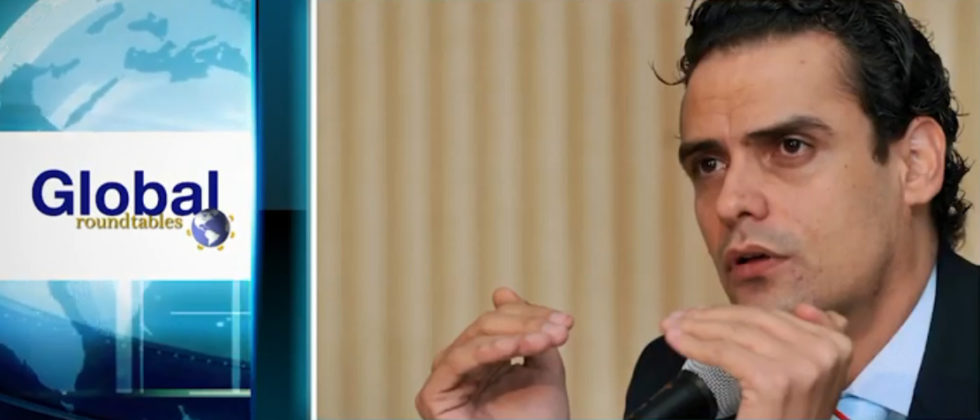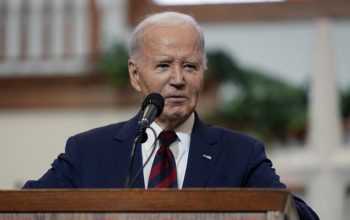news
The Global Foundation for Democracy and Development welcomed Paulo Abrao, Executive Secretary for the Inter-American Commission on Human Rights of the Organization of American States (IACHR/OAS), for a segment of GFDD’s Global Roundtables series of videos and interviews
November 27, 2019
Angie Martinez, GFDD contributor, began the interview with a brief background of Abrao’s many achievements and asked what the IACHR’s process looks like for an individual citizen who wants to file a human rights violation complain. Abrao went over the 3 mandates that guide the IACHR; the individual petition system, monitoring of the human rights situation in the Member States, and the attention devoted to priority thematic areas.
Abrao added that “any citizen can present their allegation to IACHR, regardless of a lawyers’ presence, regardless of the presence of an NGO.” Martinez then asked about the online channel IACHR has, and Abrao shared with us that their goal is to let citizens in the region know more about and have more access to the system and spread knowledge about human rights. The channel covers visits to member states, has informational videos about human rights violations in the Americas, and interviews and reports of victims and fighters for human rights.
Martinez highlighted the fact that the history between the IACHR and the member states has not always been as amicable as it could be. One of Abrao’s tasks as the sub-executive secretariat was to improve that relationship and at the base of that relationship there was a crisis of confidence towards IACHR by the member states. This relationship needed to me repaired because the success of the IACHR depends on the member states. “For civil society, having public authorities and state authorities that are committed to human rights is the main goal” shared by the international system. The IACHR has a huge responsibility to the member states and their citizens. They must work together to find points of strength and weakness and create solutions and paths to improvement. The IACHR is “permanently safeguarding (the region) to know when to take advantage of opportunities to grow and avoid setbacks.”
Martinez also asked what the most serious cases in the region are today. Abrao highlighted that the gravest situations are when a systematic and generalized violation of human rights is established, which the region has experienced through dictatorships and armed conflicts in the past and presently. Abrao added that “today, there are two critical situations which are that of Venezuela and Nicaragua.” The reason the IACHR is concerned is because the context of these situations- no independence of powers, no respect toward the constitution, no trust in electoral elections- creates an environment where human rights are violated.
Abrao briefly talked about the recent statement issued by Argentina, Colombia, Brazil, Paraguay and Chile to the IACHR, which tackle “classic themes” of criticism in the system and Abrao believes the discussions are valid and a plan should be established as long as the victims of human rights violations are compensated and no powers are taken away from them. The conversation ended with a look ahead, and Abrao stated that there are still many challenges but more national institutions can start to incorporate and exercise the Inter-American standards to hopefully reduce violations. Another goal is to achieve universal approval and implementation of the IACHR’s conventional treaties.
About Paulo Abrao
Abrao is the Executive Secretary of the Inter-American Commission on Human Rights (IACHR) since August 16, 2016. A Brazilian national, he has a PhD in Law, was a law professor in Brazil and Spain, he was the Executive Secretary of the Institute for Public Policies on Human Rights of MERCOSUR and Chairman of Brazil’s Amnesty Commission, in charge of the policies on reparations and memory for the victims of the dictatorship.
In the past he was Brazil’s Secretary of Justice, he was Chairman of the National Committee for Refugees and of the National Committee against Human Trafficking. He has professional experience in the management of public policies, as well as financial and budgetary administration. He has worked in the academic, non-governmental, governmental and international areas, coordinating plural and diverse working teams. He also has experience in fundraising and directing international cooperation projects in partnership with international organizations.






